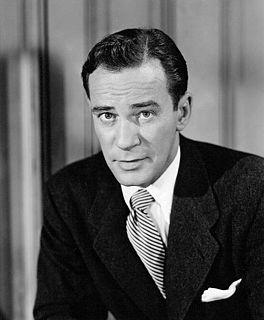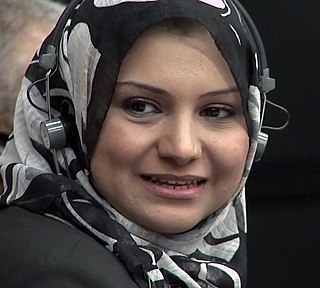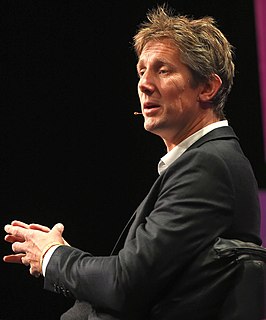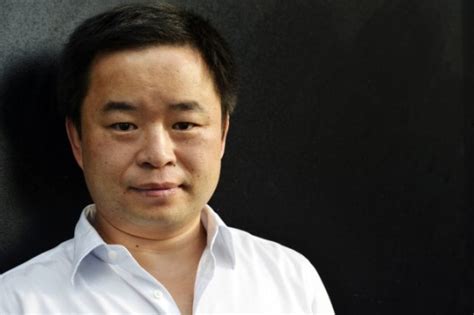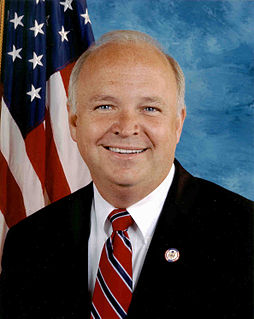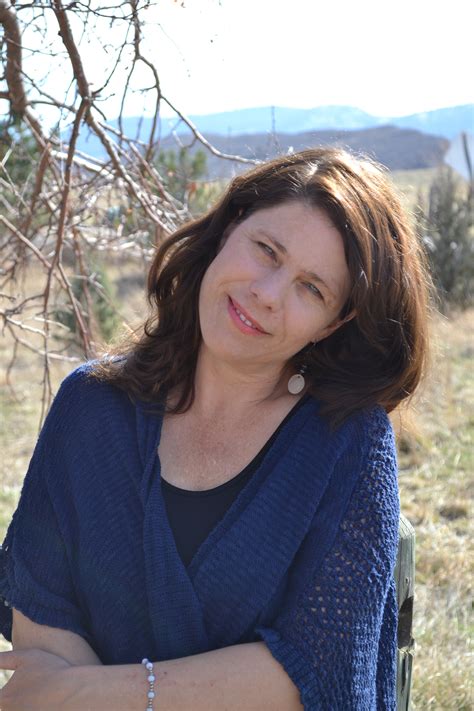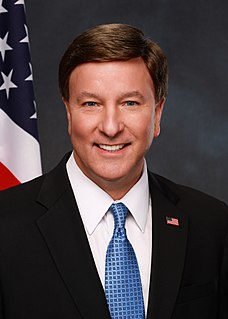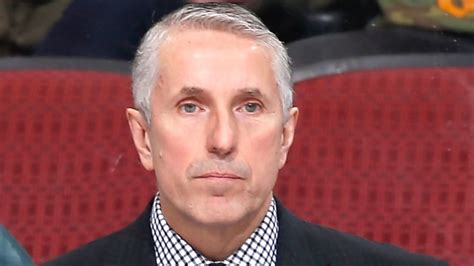A Quote by Gavin Esler
Personally, I hope that we British continue to criticise America - just as I hope Americans will criticise us. That is what friends do.
Related Quotes
If, however, you take a moment to observe how you actually feel immediately after you criticise someone, you'll notice that you will feel a little deflated and ashamed, almost like you're the one who has been attacked. The reason this is true is that when we criticise, it's a statement to the world and to ourselves, "I have a need to be critical." This isn't something we are usually proud to admit.
It seems to me that the real political task in a society such as ours is to criticise the workings of institutions, which appear to be both neutral and independent; to criticise and attack them in such a manner that the political violence which has always exercised itself obscurely through them will be unmasked, so that one can fight against them.
Where is the hope? I meet millions who tell me that they feel demoralized by the decay around us. Where is the hope? The hope that each of us have is not in who governs us, or what laws are passed, or what great things that we do as a nation. Our hope is in the power of God working through the hearts of people, and that’s where our hope is in this country; that’s where our hope is in life.
In a recent dream, God revealed to me a door leading us into four new hopes that will prepare us to be like those who were healed and strengthened in hope and able to stand when the lightning bolt hit. We deal with these fissures of hopelessness by stepping into these new hopes. The four new hopes that I saw the Lord giving us in this time are: Hope for the Unseen, Hope Against Hope, Carefree Hope, and Childlike Hope.




